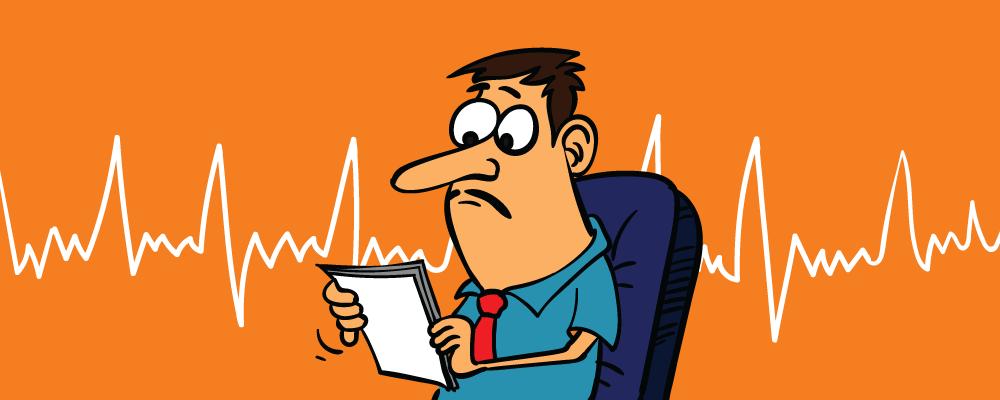
Design Credits: Vishnu Madhav
With health problems becoming more widespread and medical costs on the rise, you will probably feel slightly more as ease if you have a Health Insurance policy with a fairly high Sum Insured. But every policy comes with certain terms and conditions.
Many of us skim through or skip the fine print and don’t take the time to understand the policy features and its different nuances. We realise the seriousness of this only when stuck in an emergency and the insurance company rejects a claim stating that it wasn’t a part of the agreement.
To help you avoid an unpleasant situation like this, we’re going to tell you all about the sub-limits of a Health Insurance policy.
What is a sub-limit in Health Insurance?
In simple words, sub-limits are additional limits in an insurance policy which provide an upper ceiling on the cost of certain losses. They are part of the original insurance cover. They do not provide any kind of extra medical coverage.
What services belong to the “sub-limit” heading?
Sub-limits in a Health Insurance are applicable on room rent (daily basis), ICU expenses, anaesthetist, ambulance charges, oxygen, medicine, blood, doctor fees, diagnostic tests and so on. There is a maximum price limit which is applicable on the cost of each of these services, which are clearly mentioned in the policy under the “sub-limits” heading.
Typically, most insurance companies have a room rent capped at 1% of the total sum insured, while the ICU charges are generally around 2% of the total sum insured. So, if you have a Health Insurance policy for Rs. 1 lakh, your hospital room charges are likely to be be Rs. 1,000 per day.
Additionally sub-limits are also applicable on certain specific ailments and their treatment, like in the case of cataract, ENT, kidney stone removal, hernia, piles, stones and so on. Most insurance companies will specify an upper ceiling on the cost of treating these common ailments. This list of ailments, however, varies from one insurance company to another.
Almost all Health Insurance companies have a sub-limit cap on the pre- and post-hospitalisation care, which may range either between 7% to 10% of the sum insured, or an absolute amount specified in advance by the company.
So, all charges which exceed the specified upper ceiling on sub-limits for different categories have to be paid by you from your pocket.
Points to remember
Here are some points you should keep in mind regarding the sub-limits of a Health Insurance policy:
- Choose a Health Insurance policy which does not have sub-limits so that you do not have to bother to pay any extra cash from your pocket.
- Opt for a Health Insurance policy with higher sum insured so that the upper ceiling on sub-limits are higher too.
- Keep in mind though, that a higher sum insured also means higher premium amounts, so calculate your monthly expenditure accordingly.
- Maintain an emergency fund just in case you have to pay out of your own pocket. This way you will be prepared to handle the bills.
Most Health Insurance policies have tie-ups with a network of hospitals, so ensure that you are treated in one of these hospitals. Your insurance claim process will be smoother and faster.
Additional Reading: 7 Types of Health Insurance Plans
Remember to thoroughly check and understand the terms and sub-limits specified in your Health Insurance policy, so that you are not taken by surprise during an emergency.